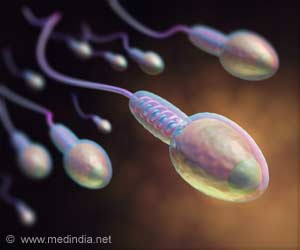Research conducted on mice reveals a correlation between social isolation and decreased bone quality in males.

ENDO 2023 Is a Wrap!
Go to source). “Social isolation is a potent form of psychosocial stress and is a growing public health concern, particularly among older adults,” said lead researcher Rebecca Mountain, Ph.D., of MaineHealth Institute for Research in Scarborough, Maine. “Even prior to the onset of the COVID-19 pandemic, which has significantly increased the prevalence of isolation and loneliness, researchers have been concerned about a rising ‘epidemic of loneliness.'"
‘Male mice subjected to social isolation experienced notable declines in bone quality, including reduced bone mineral density, whereas female mice did not exhibit similar effects. #BoneHealth, #MentalHealth, #SocialIsolation
’





Mountain noted that social isolation is associated with increased risk for many health conditions in people, including mental health disorders, as well as higher overall rates of illness and death.“Previous clinical research has demonstrated that psychosocial stressors, and subsequent mental health disorders, are major risk factors for osteoporosis and fracture, which disproportionally affect older adults,” Mountain said. “The effects of social isolation on bone, however, have not been thoroughly investigated.”
No Bone Quality Decline Observed in Female Mice
In the new study, researchers exposed adult mice to either social isolation (one mouse per cage) or grouped housing (four mice per cage) for four weeks. They found that social isolation caused significant reductions in bone quality, including reduced bone mineral density, in male, but not female mice.“Overall, our data suggest that social isolation has a dramatic negative effect on bone in male mice, but it may operate through different mechanisms or in a different time frame in female mice,” Mountain said. “Future research is needed to understand how these findings translate to human populations.”
In addition to exploring the effects of social isolation in human datasets, her research team will also investigate the mechanisms of how social isolation contributes to bone loss using mouse models.
“Our work provides critical insight into the effects of isolation on bone and has key clinical implications as we grapple with the long-term health impacts of the rise in social isolation related to the COVID-19 pandemic,” Mountain said.
Advertisement
- ENDO 2023 Is a Wrap! - (https://www.endocrine.org/meetings-and-events/endo2023)
Source-Eurekalert









